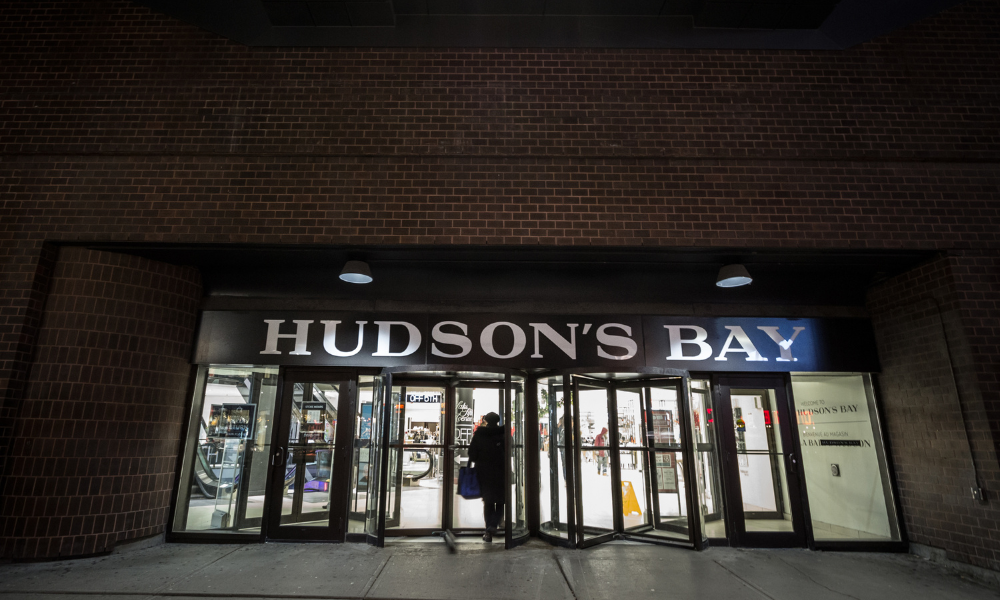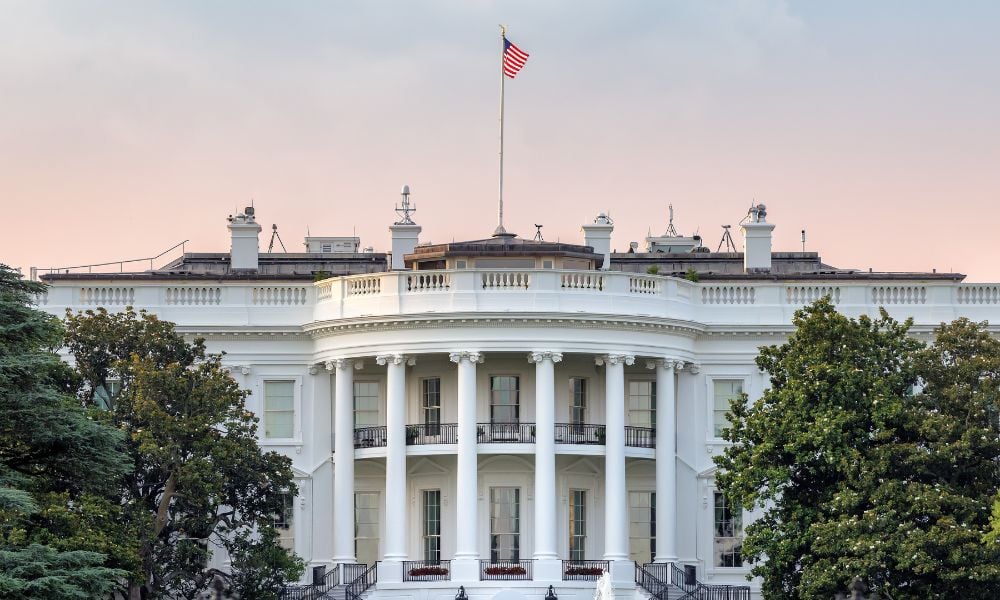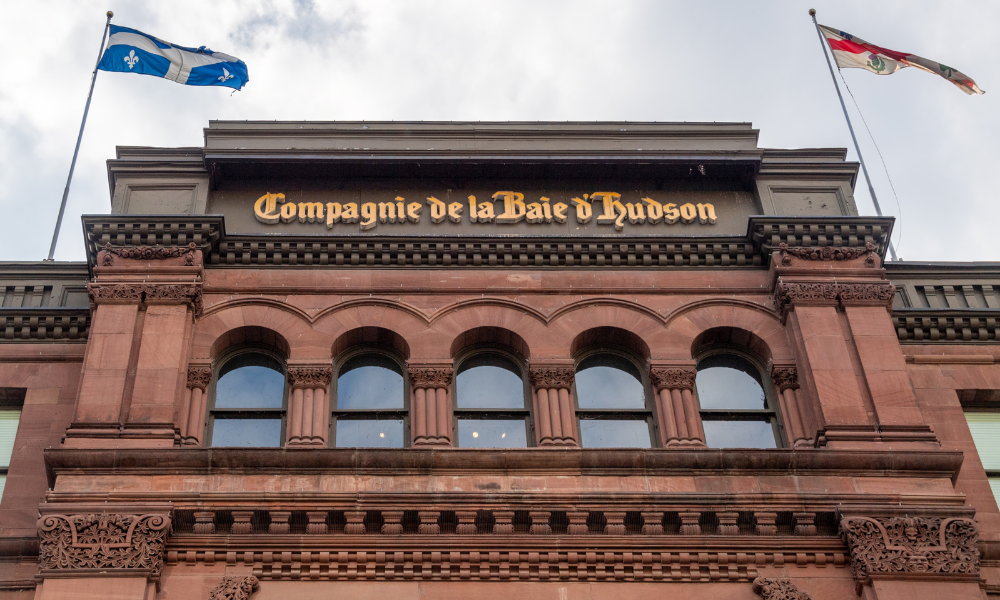In the technological age, it's about empathy, intelligence and connection

By Suanne Nielsen
In April, HR People and Strategy (HRPS) — SCNetwork’s sister organization — organized its annual conference on “Building Extraordinary Organizations — Human + Digital Collaboration.” Josh Bersin inaugurated the conference with his talk on “The rise of the individual in the future of work.” But Leena Nair, CHRO of Unilever and member of the Unilever leadership executive, was the high point in the conference.
Both reaffirmed that we’re moving toward an age where workplaces are being determined by the technological imperative. That doesn’t mean technology is replacing humans. Instead, they said, it means that humans can do more. It’s forcing leaders to reach within themselves and tap into their human potential. Allowing technology to perform simpler, time-consuming tasks is freeing up bandwidth for humans to truly reach our performance peaks.
But when Nair eruditely stated that we’re moving “From hands to heads to hearts,” it resonated with me immediately. She was referring to how, as workers, we’ve graduated from the pre-industrial age when hands were the vital organ for crafting things, to the industrial age when heads became important to get things done, and now we’re in the technological age where the heart is the engine that fuels organizations with empathy, intelligence and connection. The heart is going to be the differentiator of workplaces. It’s about connecting people to work.
When you think of Unilever, you don’t necessarily focus on how it is connecting people to work. But at the conference, Nair made it evident that Unilever is about creating a sustainable organization where employees are encouraged to find their purpose, and connect it to what they do at work everyday.
Unilever’s hugely popular Dove campaign is an example of how it’s brought humanity and connectivity to its every day products. Part of it is about having a purpose that is greater than the product it sells, and part is to help people connect to that purpose.
Much like parents, human leaders are those who create a trusting environment where there is learning and growth for all, while accommodating vulnerability as well. Recently, I put myself in a vulnerable position at work during a team alignment session. I’ve written about it here.
Human leadership is not just about trusting your employees, but also about being trustworthy. Let’s consider the example of vacations. Years ago, employees had to apply for vacation which relied upon management approval. Now, leaders must be more trusting of their employees to report their time off accurately. This form of human leadership elicits trust all around.
In hiring, there is a gear change from “Why should I hire you?” to “Why should I work for you?” This squarely brings the focus to the need for a talented workforce to see human leadership in a prospective company. They demand empathy, connection and intelligence from any organization.
Historically, you’d go to an interview and pitch your skills to the company’s hiring team. The shoe is on the other foot now, where the company must sell itself to find talent. It’s a paradigmatic shift. While looking for specific skills in an individual to address the company’s needs, HR is also partnering with marketing teams to create a brand that mirrors a great employee experience, and an organizational vision that goes beyond business profits.
At Foresters, our purpose for over 140 years has been to return the profits of our company back to its members by way of additional benefits, or by giving back to the community. Family well-being is our focus. We aren’t driven by shareholders, we’re driven to share. Our “Day of Caring” is one of many instances where our company connects our employees to our purpose. On this day, teams take a day off for a community activity such as cleaning a community park, or participating in school readings, or providing packed lunches for school kids.
Human leadership celebrates not just business success, but employees’ involvement in the community at large.
Leaders who’ve worked under a traditional command-and-control or in a rules-based environment in their careers are going through a mindset readjustment. They are having to relearn being human in their leadership to be able to attract and retain an increasingly discerning workforce. The challenge HR faces is to make a business case for human leadership.
According to a recently trending Twitter feed, “Google discovered that giving every employee a credit card and trusting them to follow policy on expenses, even with some bad actors, was cheaper than the enforcement and structures most companies use.”
Excellence in organizations happens when we entrust employees and create an environment where leaders can be trustworthy through their empathy and caring.
The word “manager” is quickly becoming passé, connoting a time long past when organizations had a top-down approach to everything — I direct. I tell you what to do. Almost robotic.
Being a leader is more about stewardship and building genuine connections. You’re entrusted with people and important organizational goals. Leaders help employees become their best and achieve common goals for the organization together.
In their Harvard Business Review article titled “Why Do So Many Managers Forget They’re Human Beings?” Potential Project’s Rasmus Hougaard, Jacqueline Carter and Vince Brewerton said, "The power of leadership lies in our abilities to form personal and meaningful bonds with the people whom we lead.”
Vince Brewerton will be speaking at SCNetwork’s July session, and sharing stories of why and how leaders of top global organizations such as Accenture, Microsoft, Google, Marriott, and Cisco are embracing human leadership. You can register here to join us at the event: SCNetwork.
Suanne Nielsen is president of the Strategic Capability Network and global chief administration officer at Foresters Financial in Toronto. The views and opinions expressed in this article are those of Suanne and do not necessarily reflect the official position(s) or opinion(s) of SCNetwork members or Foresters.




